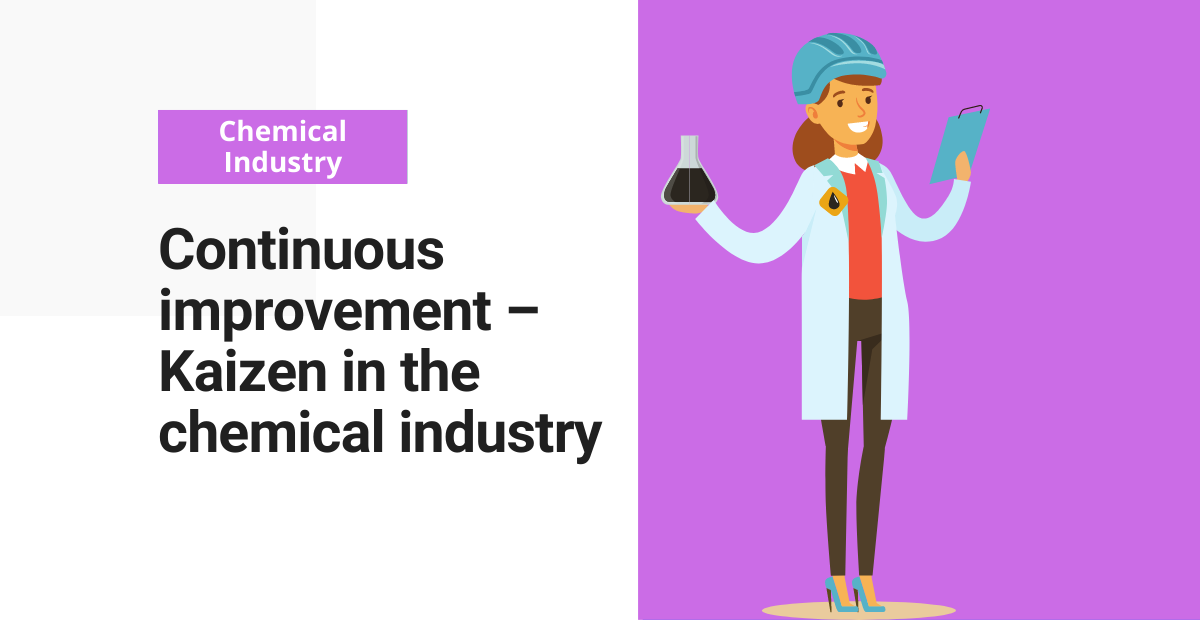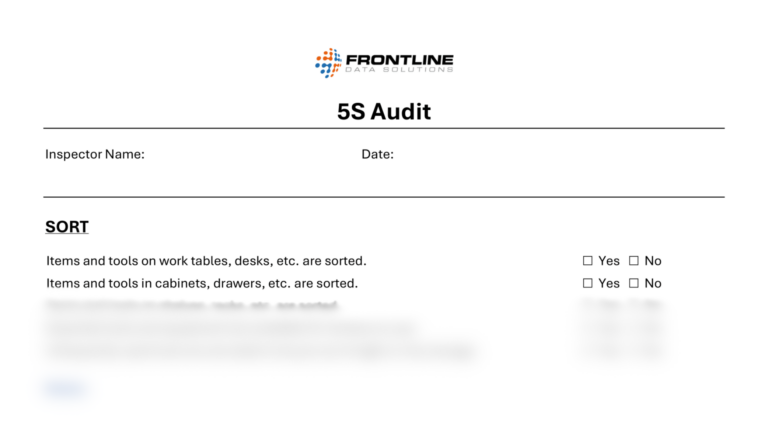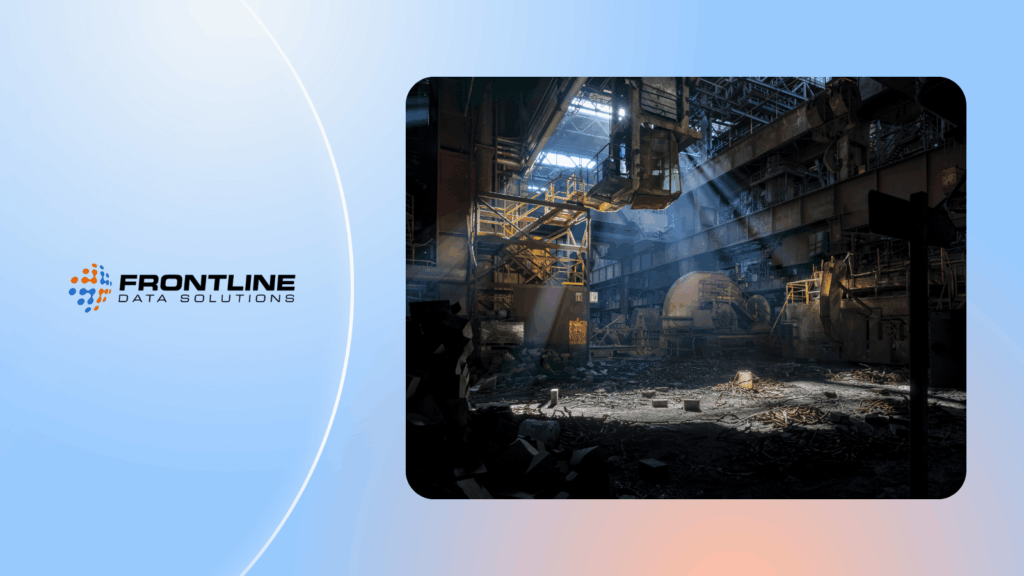Continuous improvement is a systematic approach to improving processes, products, and services. It is a critical strategy for companies looking to improve efficiency, reduce costs, and increase customer satisfaction. Implementing continuous improvement through the kaizen approach in the chemical industry can lead to significant benefits.
Kaizen is a Japanese term meaning “change for the better” or “continuous improvement.” It’s a customer-centric philosophy focusing on eliminating waste, reducing defects, and increasing productivity.
It involves a series of incremental improvements that add up over time to create major improvements in quality, efficiency, and customer satisfaction. You can apply kaizen to any process, from production to supply chain management. This is especially true in the chemical industry, where complex and hazardous processes require a high degree of precision and control.
Free form!
Use this 5S audit form to find new continuous improvement opportunities for your kaizen projects.
Continuous Improvement Kaizen implementation guidelines
Implementing a kaizen project is a comprehensive strategy involving all levels of the organization. The first step is to create a culture of continuous improvement, where employees feel empowered to make recommendations. This involves providing training and resources to employees on kaizen principles and techniques and encouraging open communication and collaboration between departments and teams.
The next step is to identify the areas that require improvement. Some of the methods used are data analysis, customer feedback, and employee suggestions. Once you identify the areas for improvement, establish a cross-functional team to develop and implement solutions.
The kaizen approach involves a series of small, incremental improvements implemented over time. These improvements should be monitored and evaluated to determine their effectiveness, and adjustments should be made as necessary. You should repeat this process continuously with a focus on eliminating waste.
Benefits of kaizen continuous improvement projects
One of the major benefits of kaizen is that it can lead to significant cost savings. By eliminating waste and reducing defects, companies can reduce their production costs and improve their bottom line. kaizen can also improve product quality, which can lead to increased customer satisfaction and loyalty.
In the chemical industry, kaizen can be applied to a variety of processes, including production, supply chain management, and safety. For example, kaizen can be used to identify and eliminate bottlenecks in the production process, reduce lead times, and improve inventory management. Kaizen can also be used to improve safety by identifying and eliminating hazards, improving training programs, and implementing safety best practices.
Another benefit of kaizen is that it can improve employee engagement and satisfaction. Companies can improve employee morale, job satisfaction, and retention rates by involving employees in the continuous improvement process. This can lead to a more positive workplace culture and improved productivity.
To implement kaizen successfully, companies must be willing to invest in training and resources. This includes providing employees with the necessary tools and training to implement kaizen principles and creating a culture that encourages and rewards continuous improvement.
Challenges with kaizen implementation
There are some challenges to implementing the kaizen approach in the chemical industry. One of the biggest challenges is the complexity and variability of chemical processes, making identifying and eliminating waste difficult. Additionally, regulation of chemical processes can limit the ability of companies to make changes to their processes.
To overcome these challenges, companies need to involve all stakeholders in the kaizen process, including regulatory agencies, suppliers, and customers. This can help to ensure that the improvements made through kaizen are sustainable and compliant with regulatory requirements. It’s important to measure and evaluate the results of the kaizen approach to determine its effectiveness.
Companies can do this using metrics such as lead time reduction, defect reduction, and cost savings. Regular communication of kaizen results ensures that workers understand the benefits of continuous improvement. It also contributes to a proactive approach to maintaining the system.
Resources for implementing kaizen
Here are a few suggestions of resources for completing kaizen continuous improvement projects:
1. “Kaizen: The Key to Japan’s Competitive Success” by Masaaki Imai: This book provides a comprehensive introduction to kaizen, including its history, principles, and practices.
2. The Kaizen Institute: The Kaizen Institute is a global consulting firm that specializes in helping companies implement kaizen. Their website offers a wealth of resources, including case studies, white papers, and training programs.
3. American Society for Quality (ASQ): ASQ is a professional association that offers a variety of resources on quality and continuous improvement. Their website includes articles, webinars, and training courses on kaizen and other quality improvement methodologies.
4. Lean Enterprise Institute: The Lean Enterprise Institute is a non-profit organization that promotes lean thinking and continuous improvement. Their website includes articles, case studies, and training programs on kaizen and other lean methodologies.
In conclusion, implementing continuous improvement through the kaizen approach can be highly beneficial for companies in the chemical industry. By creating a continuous improvement culture, identifying improvement areas, and implementing small, incremental changes, companies can reduce costs, improve quality, and increase customer satisfaction.
Collaboration, training, and a commitment to continuous improvement are the key ingredients to overcoming kaizen challenges. Ultimately, the kaizen approach is a powerful tool for companies looking to stay competitive and meet the ever-changing demands of the chemical industry.





